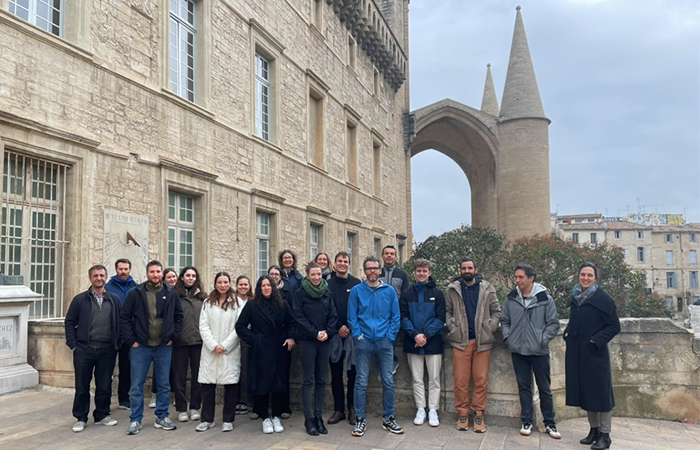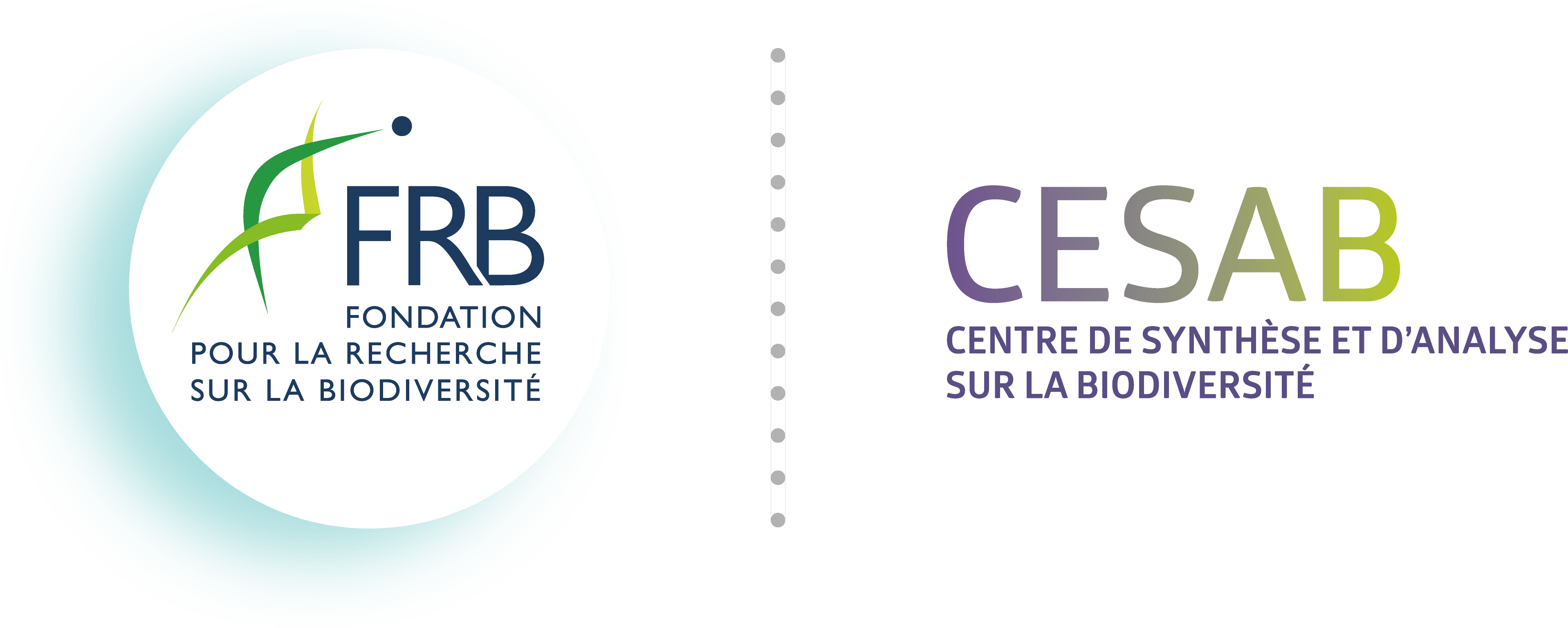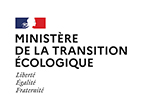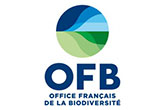IMPACTS
French biodiversity in the Anthropocene – impacts and drivers of spatial and temporal response
 @ Wilfried Thuiller - Parc National des Ecrins, France
@ Wilfried Thuiller - Parc National des Ecrins, France Understanding how biodiversity responds to various human pressures is more urgent than ever if we are to predict and mitigate future impacts to ensure the conservation of the Earth’s biodiversity. Yet our current knowledge is based on only a few groups (e.g., birds), to the detriment of other important taxa (e.g., invertebrates), and is based on heterogeneous data, indicators, and methods that prevent comparability.
The project IMPACTS will provide a comprehensive assessment of the impact of human pressures on the biodiversity of the French territory including French Guyana. Data, indicators and methods will be assessed and reviewed in order to provide a good practice framework including a set of guidelines. This framework will then be applied to data from scientific inventories and participatory sciences at national and regional scales and covering a wide range of taxonomic groups and biodiversity facets. This will allow quantifying the sensitivity of different taxonomic groups to change and illustrate how multiple facets of biodiversity are affected.

The IMPACTS group during their 4th workshop in January 2025.

Principal investigators:
Franziska SCHRODT – University of Nottingham (United Kingdom);
Wilfried THUILLER – CNRS (France)
Post-doc:
IMPACTS brings together specialists in quantitative ecology and biogeography, as well as specialists in specific systems such as underland and microbiology.
IMPACTS was selected from FRB-MTE-OFB’s 2021 call for proposals « Impacts on terrestrial biodiversity in the anthropocene ». The selection was carried out by an independent scientific committee.
[01] Gérard S, Decaëns T, Butt KR, Briones MJ, Capowiez Y, Cluzeau D, Hoeffner K, Le Bayon R-C, Marchán DF, Marsden C, Muys B, Pelosi C, Pérès G, Phillips HR, Santini L, Thuiller W & Hedde M (2025) Putting earthworm conservation on the map: Shortfalls and solutions for developing earthworm conservation. Biological Conservation, 302, 110911. DOI: 10.1016/j.biocon.2024.110911.

